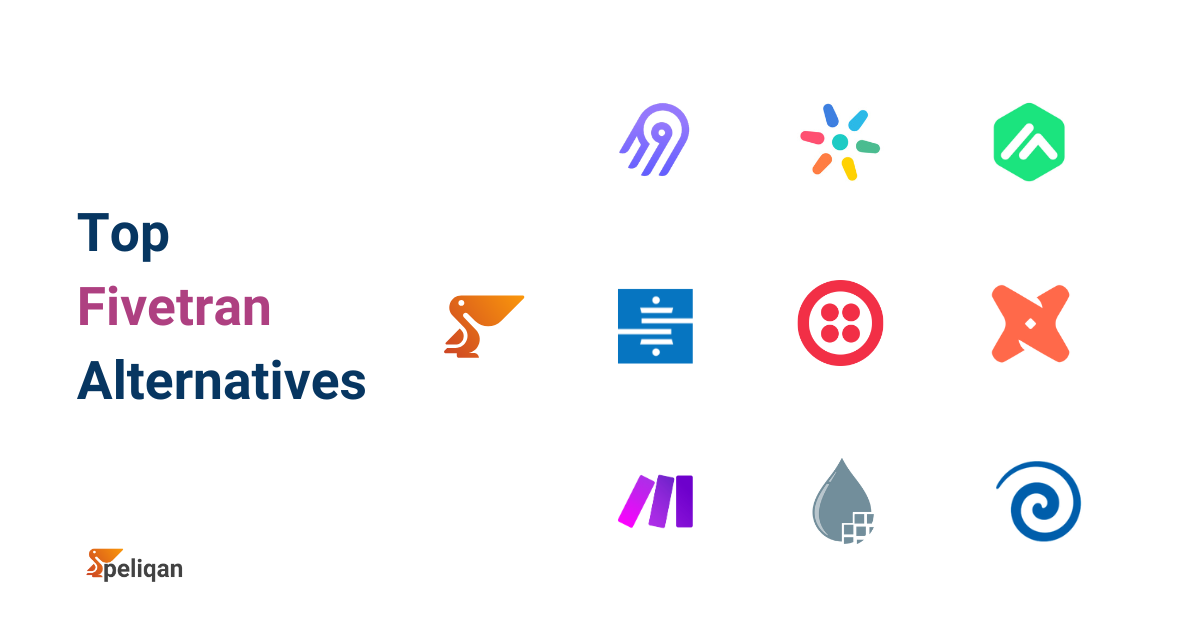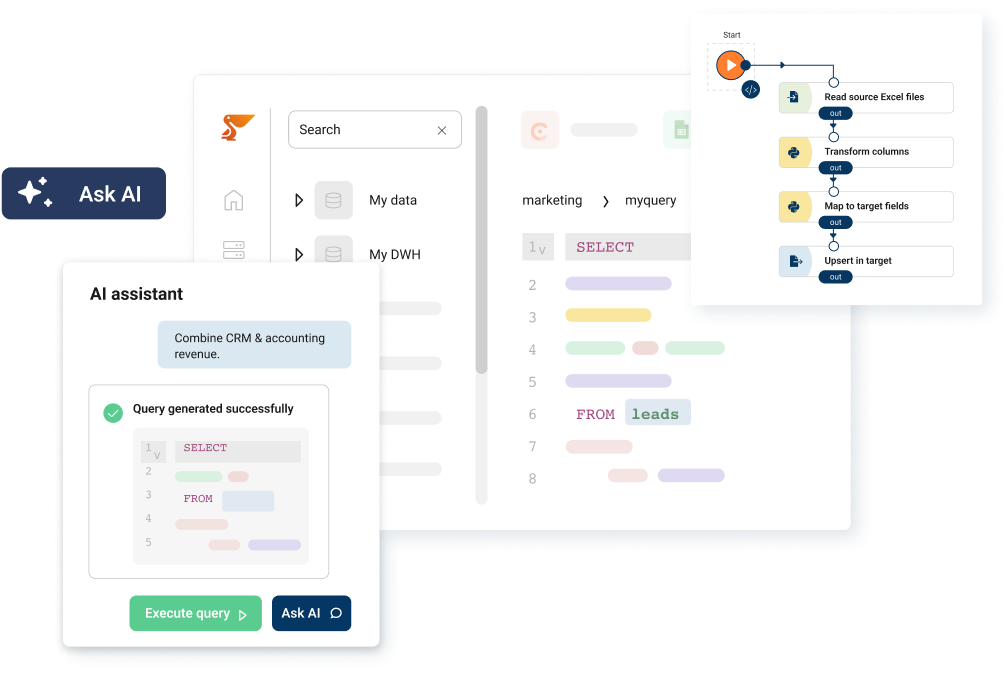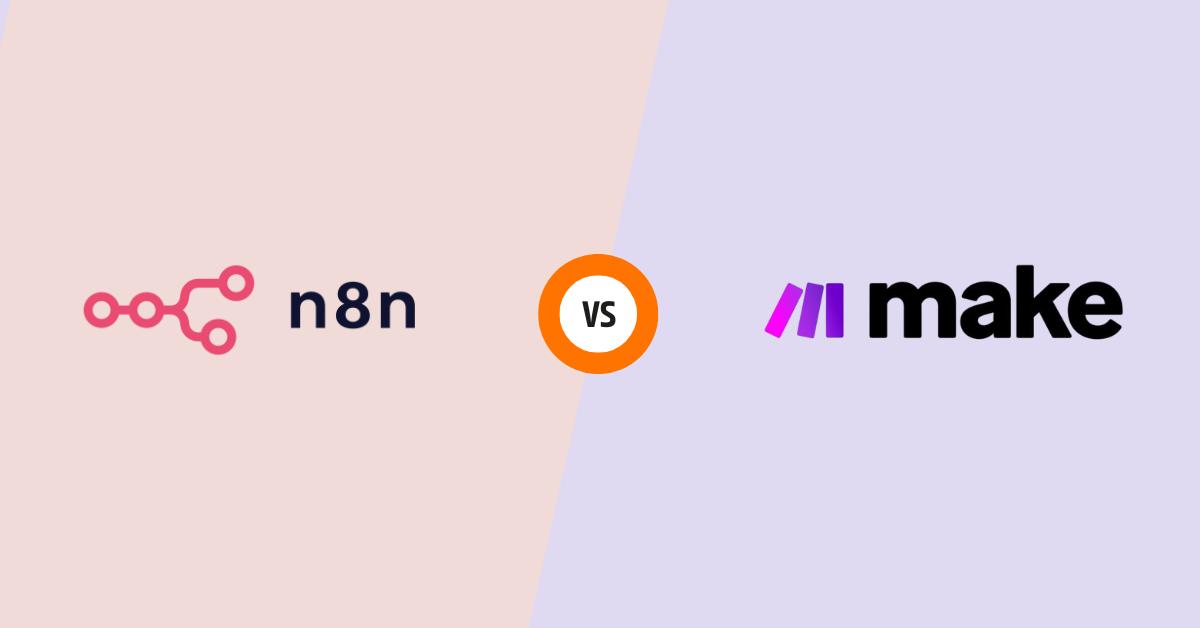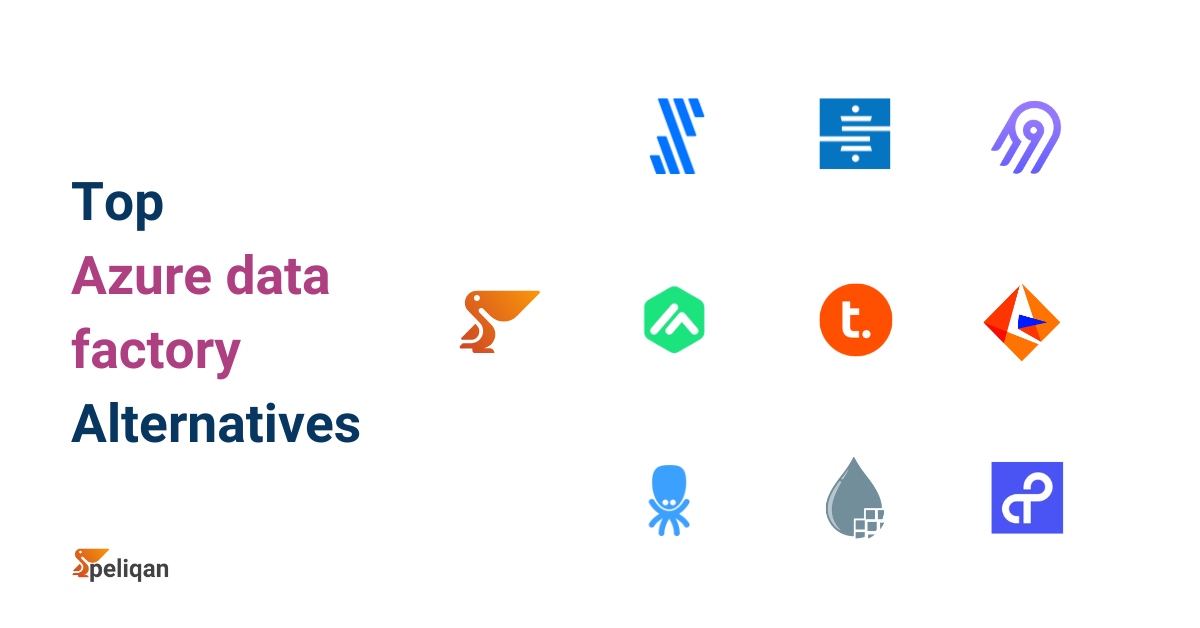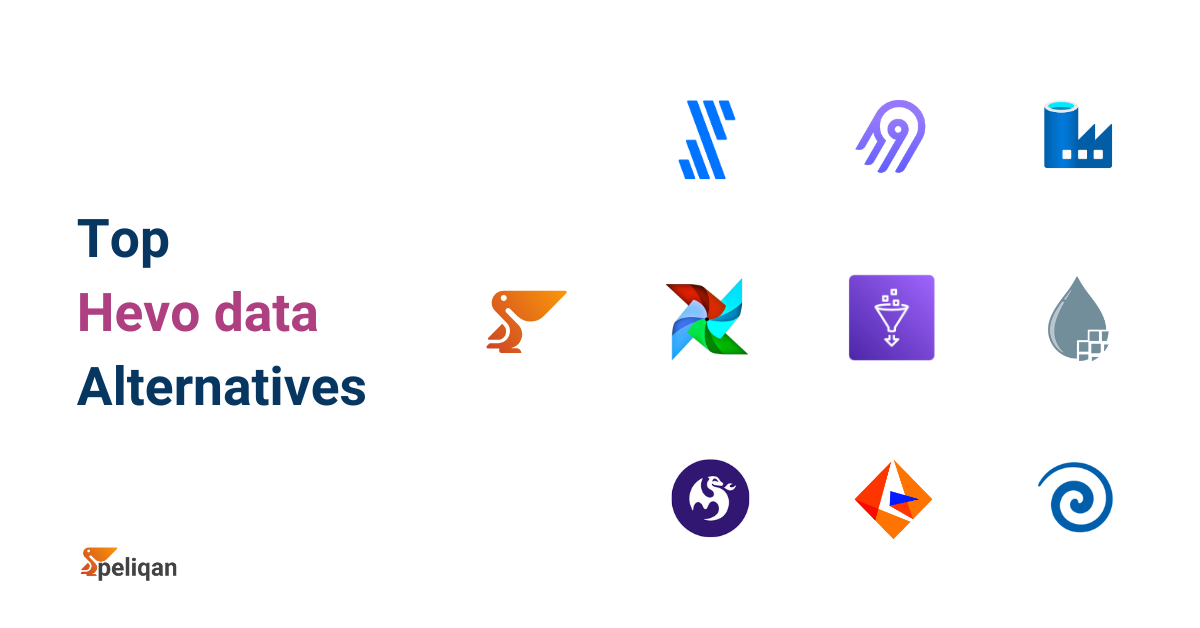Top 10 Fivetran Alternatives & Competitors
The data integration market is experiencing explosive growth, reaching $15.19 billion in 2024 and projected to hit $25.69 billion by 2030. Peliqan emerges as the definitive Fivetran alternative, offering a complete all-in-one data platform that eliminates the need for multiple tools while delivering 10X faster deployment and transparent pricing.
Unlike Fivetran’s limited ETL-only approach, modern data teams require comprehensive solutions that handle everything from data ingestion to activation, reverse ETL, and business intelligence – all capabilities that Peliqan delivers in a single platform.
Organizations are recognizing that point solutions create unnecessary complexity, requiring teams to manage 5-8 separate tools for complete data workflows. This fragmentation leads to integration headaches, security vulnerabilities, and astronomical total costs of ownership. The data integration landscape has evolved beyond simple ETL/ELT, demanding platforms that enable true data activation and business value creation.
Why Consider Alternatives to Fivetran?
Fivetran pioneered the modern ELT approach and simplified data pipeline creation, but the market has evolved significantly. Three critical limitations drive organizations to seek alternatives: pricing unpredictability, feature constraints, and the growing complexity of managing multiple tools for complete data workflows.
Beyond pricing, Fivetran’s ETL-only focus means organizations must layer additional tools for data transformation (dbt), reverse ETL (Census, Hightouch), business intelligence (Looker, Tableau), and data activation capabilities. Modern data teams need platforms that handle the complete data lifecycle, not just ingestion.
This comprehensive analysis examines 11 proven alternatives to Fivetran, from open-source solutions to enterprise-grade platforms, helping you choose the optimal data integration strategy for 2025 and beyond.
Fivetran competitors & alternatives in 2025
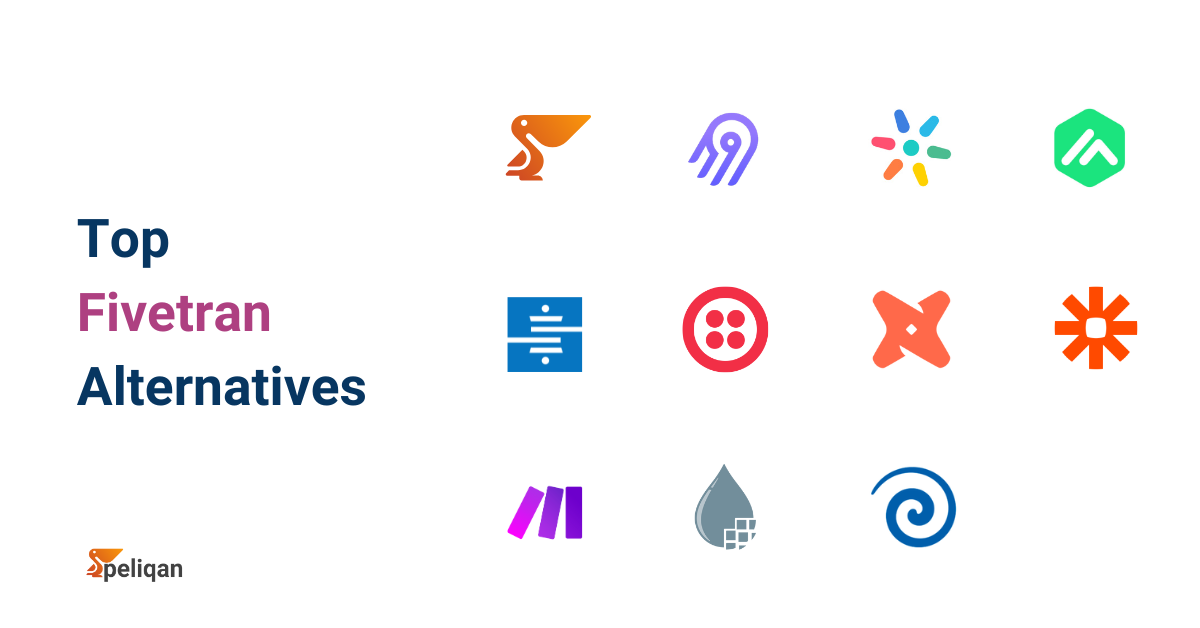
Fivetran competitors: Top 11
1. Peliqan – The complete all-in-one data platform
Peliqan stands as the definitive Fivetran alternative, delivering a comprehensive data platform that eliminates tool sprawl while providing superior capabilities and transparent pricing. Founded by industry veterans in 2022, Peliqan addresses the fundamental limitation of point solutions by combining ETL, data warehousing, transformation, activation, and reverse ETL in a single platform.
Core Capabilities and Differentiators
The platform combines comprehensive functionality in one solution:
- Built-in data warehousing with automatic optimization
- ETL/ELT pipelines with 250+ pre-built connectors
- AI-assisted data transformation and “Magical SQL” features
- Complete BI tools with visual analytics and dashboards
- Advanced data activation including reverse ETL and API publishing
Unlike fivetran’s ETL-only approach requiring 5-10 additional tools, Peliqan provides complete functionality including automated alerts, BI reporting and spreadsheet-like data exploration.
Strengths
- Fastest deployment in industry (under 5 minutes for pipeline creation)
- Transparent fixed pricing eliminates surprise charges
- All-in-one platform reduces tool sprawl and complexity
- Accessible to both technical and business users
Transparent, Predictable Pricing
Cost structure designed for budget predictability:
- Starter tier: $380/month
- Pro tier: $550/month
Note: “Peliqan offers transparent pricing – no surprises – unlike Snowflake’s unpredictable costs.”
Technical Architecture
- Cloud-native SaaS foundation with SOC 2 Type II certification
- Trino-powered federated query engine for real-time cross-source queries
- Built-in PostgreSQL warehousing plus “Bring Your Own” integration
- Multi-cloud support including AWS, GCP, and Azure
- Enterprise security with role-based access and audit logging
2. Airbyte: Leading open-source flexibility
Airbyte represents the largest open-source data integration ecosystem, offering 600+ connectors with strong community support and flexible deployment options. Their approach combines the cost benefits of open-source software with enterprise features through their cloud offering.
Key Features:
- Industry’s largest connector library with 600+ integrations
- Visual and code-based connector development capabilities
- Support for unstructured data and vector databases
- Both cloud and self-hosted deployment options
Strengths
- Open-source flexibility with no vendor lock-in
- Cost-effective for high-volume data processing
- Extensive connector ecosystem addresses long-tail needs
Weaknesses
- Technical complexity requires significant DevOps expertise
- Many connectors remain in alpha/beta status
- Limited enterprise features in open-source edition
Pricing
- Free open-source edition with unlimited usage
- Cloud at $10/month base plus $2.50 per credit
- Usage-based at $15/million rows for API sources
3. Hevo Data: Comprehensive no-code platform
Hevo Data positions as a complete ETL/ELT platform designed for mid-market organizations prioritizing ease of use and comprehensive feature sets. Their approach combines no-code transformations with enterprise-grade capabilities and strong customer support.
Key Features
- 150+ pre-built connectors across major data sources
- ETL/ELT and reverse ETL functionality in single platform
- Visual data transformations with drag-and-drop interface
- Real-time data replication and streaming capabilities
Strengths
- Excellent customer support with comprehensive documentation
- Intuitive user interface accessible to non-technical users
- Fast onboarding with minimal setup complexity
Weaknesses
- Fewer connectors compared to top competitors
- Potential pricing escalation with significant data growth
- Limited customization options for complex requirements
Pricing
- Free tier for up to 1 million events monthly
- Starter at $239/month for 5 million events
- Professional at $679/month for 100 million events
4. Matillion: Cloud-native transformation powerhouse
Matillion delivers purpose-built cloud data transformation with visual, low-code interfaces optimized for modern cloud data warehouses. Their platform excels in complex transformation scenarios requiring enterprise-grade performance and governance.
Key Features
- Pushdown optimization for maximum cloud warehouse performance
- Native integration with cloud data warehouses (Snowflake, BigQuery, Redshift)
- Advanced orchestration capabilities with workflow management
- Git integration for version control and CI/CD pipeline support
Strengths
- Exceptional transformation performance through intelligent optimization
- Enterprise security features and governance capabilities
- Sophisticated workflow orchestration for complex ETL processes
Weaknesses
- Higher total costs including VM infrastructure expenses
- Requires existing cloud data warehouse investment
- Complex pricing calculations with multiple cost components
Pricing
- Credit-based consumption model with Basic at $1,000/month
- Advanced at $2,000/month, Enterprise custom pricing
- Credits cost $2-$3.50 per hour plus cloud infrastructure expenses
5. Stitch Data: Developer-focused simplicity
Stitch Data emphasizes simplicity and reliability for straightforward ELT use cases, leveraging the Singer protocol ecosystem for extensibility. Acquired by Talend, Stitch maintains focus on developer-friendly data replication with enterprise security features.
Key Features
- 130+ data source connectors with Singer protocol compatibility
- Simple configuration and setup process
- Enterprise security compliance and certifications
- Reliable ELT workflows with “set it and forget it” approach
Strengths
- Straightforward implementation with minimal complexity
- Strong enterprise security and compliance features
- Reasonable pricing for smaller data volumes
Weaknesses
- Limited transformation capabilities beyond basic ELT
- Batch-only processing without real-time options
- Slower innovation pace since Talend acquisition
Pricing
- Row-based tiers starting at $100/month for 5 million rows
- Advanced at $1,250/month for 100 million rows
- Premium at $2,500/month for 1 billion rows
6. Segment: Customer data platform leader
Segment specializes in customer data infrastructure with comprehensive event tracking, profile unification, and activation capabilities. Now part of Twilio, Segment combines CDP functionality with reverse ETL features for customer-centric organizations.
Key Features
- Event tracking and data collection across all touchpoints
- Customer profile unification and identity resolution
- 300+ destination integrations for data activation
- Reverse ETL capabilities for operational data activation
Strengths
- Comprehensive CDP functionality unmatched by general ETL tools
- Extensive destination ecosystem for marketing activation
- Real-time processing capabilities for immediate insights
Weaknesses
- High pricing particularly at enterprise scale
- Limited general-purpose ETL capabilities beyond customer data
- Complex pricing structures with potential vendor lock-in
Pricing
- Monthly Tracked Users (MTU) model
- Enterprise contracts typically $25,000-$200,000 annually
- Reverse ETL includes 1 million records with custom pricing for larger deployments
7. dbt Cloud: Modern data transformation standard
dbt Cloud has become the industry standard for data transformation using SQL-based modeling, version control, and comprehensive testing frameworks. Their approach emphasizes collaborative development and analytics engineering best practices.
Key Features
- SQL-based transformations and data modeling framework
- Git-based version control and collaborative development
- Comprehensive data testing and documentation capabilities
- Automatic lineage tracking and impact analysis
Strengths
- Industry-standard transformation practices with software engineering rigor
- Excellent documentation and data lineage capabilities
- Strong community support with extensive learning resources
Weaknesses
- Focus solely on transformation requires separate ingestion tools
- Potential pricing unpredictability with new consumption model
- Steep learning curve for non-SQL users
Pricing
- Developer tier free for up to 3,000 model builds monthly
- Team at $0.01 per successful model build
- Enterprise requires custom negotiations
8. Zapier: Business automation leader
Zapier dominates business process automation with the largest app ecosystem and user-friendly no-code interface. While not primarily designed for heavy data integration, Zapier excels in workflow automation and business process connectivity.
Key Features
- 7,000+ app integrations with extensive ecosystem coverage
- Intuitive no-code automation builder with drag-and-drop interface
- Multi-step workflow capabilities with conditional logic
- AI-powered automation features and suggestions
Strengths
- Largest integration ecosystem enabling virtually any app connection
- Excellent user experience with minimal learning curve
- Strong automation capabilities for business process optimization
Weaknesses
- Limitations for heavy data integration and large volumes
- Restrictive task limits can become expensive for data-intensive workflows
- Design focus on automation rather than data warehousing
Pricing
- Free tier for 100 tasks monthly
- Professional at $19.99/month for 750 tasks
- Team at $49/month for 2,000 tasks
9. Make: Visual automation platform
Make (formerly Integromat) provides visual workflow automation with more cost-effective pricing than Zapier and advanced logic capabilities. Their platform balances powerful automation features with accessible visual interfaces.
Key Features
- 2,400+ app connectors with comprehensive integration options
- Visual workflow builder with drag-and-drop interface
- Advanced logic and conditional branching capabilities
- Real-time execution with instant trigger processing
Strengths
- Cost effectiveness compared to Zapier and similar alternatives
- Visual and intuitive workflow design interface
- Advanced conditional logic capabilities for complex workflows
Weaknesses
- Smaller app ecosystem compared to Zapier
- Hidden costs in polling operations can increase expenses
- Reduced suitability for pure data integration at scale
Pricing
- Free tier for 1,000 operations monthly
- Core at $9/month for 10,000 operations
- Pro at $16/month for 10,000 operations plus advanced features
10. Apache NiFi: Open-source data flow management
Apache NiFi delivers comprehensive open-source data flow management with visual design interfaces and enterprise-grade security features. Developed by the NSA and donated to Apache Foundation, NiFi handles complex data routing and transformation scenarios.
Key Features
- Visual data flow design and management interface
- Real-time data processing and intelligent routing capabilities
- Comprehensive data provenance tracking and audit trails
- Extensive processor library for transformations and integrations
Strengths
- Complete cost freedom with open-source licensing
- Powerful data flow management with fine-grained control
- Real-time processing capabilities for streaming data
Weaknesses
- Complex setup and configuration requirements
- Significant technical expertise needed for implementation
- Limited cloud-native optimization compared to modern alternatives
Pricing
- Completely free open-source licensing
- Only infrastructure costs required for hosting
- No software licensing fees or usage restrictions
11. Pentaho Data Integration: Traditional enterprise ETL
Pentaho provides traditional enterprise ETL capabilities with drag-and-drop design interfaces and comprehensive transformation features. As part of Hitachi Vantara, Pentaho serves organizations with complex ETL requirements and big data processing needs.
Key Features
- Drag-and-drop ETL design environment with visual interface
- Extensive transformation and data processing capabilities
- Big data platform support (Hadoop, Spark, NoSQL databases)
- On-premises deployment options with enterprise control
Strengths
- Comprehensive ETL functionality with mature feature set
- Free community edition available for basic requirements
- Strong support for complex transformations and business logic
Weaknesses
- Older technology architecture with limited cloud-native capabilities
- Complex user interface with steep learning curve
- Performance challenges with very large datasets
Pricing
- Enterprise starting at $1,200/year for single user
- Scaling to $60,000/year for 100 users
- Both perpetual and subscription licensing models available
Fivetran Alternatives comparison: Key metrics and features
Selecting the suitable fivetran alternative depends on your specific organizational needs, technical requirements, and strategic priorities. Here’s the quick comparison of top fivetran alternatives.
Peliqan vs. Fivetran: Quick Comparison
Peliqan provides a broader range of features, greater flexibility, and advanced tools that Fivetran simply doesn’t offer. Here’s how Peliqan stack up against Fivetran:
 |
||
|---|---|---|
| ETL Wide range of connectors for SaaS, files and databases |
Yes | No |
| New connector service New connectors built in 5 business days |
Yes | No |
| Data warehouse Built-in or use your own (Snowflake, BigQuery…) |
Yes | not built-in |
| Transformations Combine SQL and low-code Python. |
Yes | partial |
| Reverse ETL Sync data into business applications. |
Yes | No |
| Data activation Custom reporting using Excel, publish data APIs, build LLM chatbots, automations. |
Yes | No |
| iPaaS automations Implement automations for data sync, app integrations. |
Yes | No |
| Market place Deploy Airflow, Metabase, and a wide range of other solutions with one click. |
Yes | No |
| White-label & multi-customer management Manage data projects for end-customers at scale. |
Yes | No |
| Encryption In transit and at rest |
Yes | Yes |
| Customer support & onboarding Personalized onboarding, training and support |
Yes | Yes |
Conclusion
As the modern data landscape grows more complex, relying on rigid, usage-based platforms like Fivetran can lead to escalating costs and architectural limitations – especially for B2B SaaS companies handling diverse data sources and dynamic reporting needs.
Whether you’re looking for open-source control (Airbyte, Meltano), no-code simplicity (Hevo, Stitch), advanced transformation pipelines (Matillion, dbt Cloud), or workflow automation (Zapier, Make), there’s no shortage of Fivetran alternatives. However, most tools address only parts of the puzzle.
Peliqan stands apart by offering an all-in-one, low-code platform that combines ETL/ELT pipelines, data transformation, and reverse ETL, all with flat pricing, 250+ connectors, and support for SQL, Python, and API-based workflows. It’s purpose-built for modern B2B SaaS teams that need flexibility, control, and speed without juggling multiple tools.
Looking for a simpler, more powerful alternative to Fivetran?
Try Peliqan today – and build smarter data pipelines, faster.




